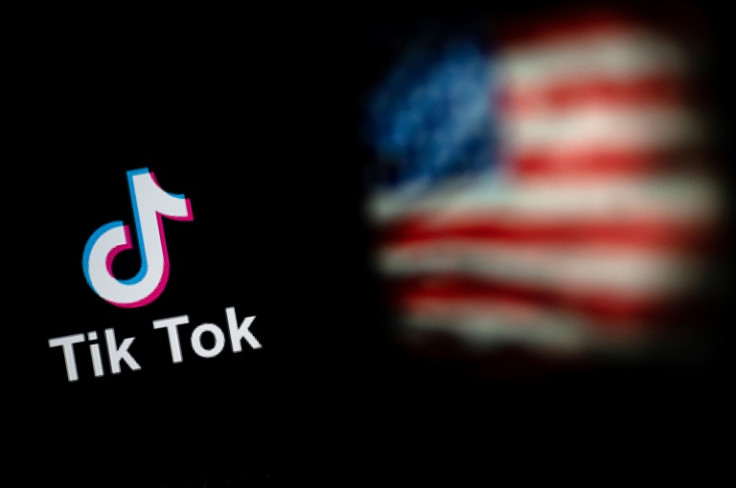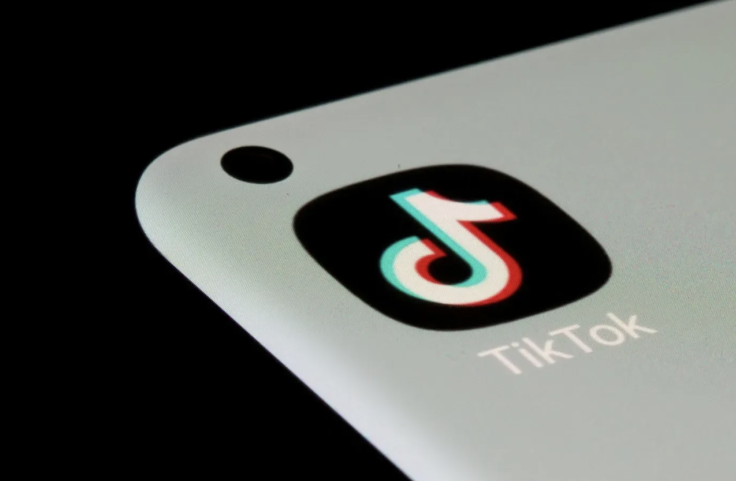These 3 Companies Are 'Huge Beneficiaries' Of Possible US Ban On TikTok

KEY POINTS
- A ban on TikTok could prove beneficial to Snap, Facebook and YouTube
- The bill to ban TikTok would need to pass the House and Senate before being signed by Biden
- Authorities fear that TikTok might become a tool for China to gather information on American users
Several companies could reap significant benefits if the White House imposes a ban on TikTok, a viral video app owned by China's ByteDance.
The U.S. House Foreign Affairs Committee on Wednesday approved legislation that would give President Joe Biden the power to ban the usage of the Chinese-owned social media platform as well as the usage of other apps believed to pose a risk to national security.
The fate of the measure is still uncertain as it would need to be passed through the House and Senate before it can be signed by Biden. However, should the White House impose a nationwide ban on TikTok, Snap, Meta's Facebook and Google's Youtube will become "huge beneficiaries" of the move, Needham analyst Laura Martin told CNBC in an interview.
"Implications are great for anybody that has been losing market share to TikTok," Martin added.
The Biden administration and lawmakers have expressed concern that TikTok might become a tool for the Chinese government to gather information on American users. There were also concerns about the platform being used to spread misinformation.
In December, FBI Director Chris Wray also said that the agency was concerned that China has the ability to "manipulate content" and "use it for influence operations."
"All of these things are in the hands of a government that doesn't share our values, and that has a mission that's very much at odds with what's in the best interests of the United States. That should concern us," Wray said while speaking at the University of Michigan's Gerald R. Ford School of Public Policy, the Associated Press reported.
The fear stems from a law China implemented in 2017 that required companies to give Beijing personal data relevant to the country's national security. It is unclear if TikTok has turned over such data to Chinese authorities.
The ban, if implemented, will follow a recent guidance memorandum where federal agencies have been required to remove TikTok from all government-issued devices. Federal agencies are also being asked to cancel all contracts that necessitate the use of TikTok. Agencies are given 90 days to follow the memorandum.

© Copyright IBTimes 2025. All rights reserved.





















